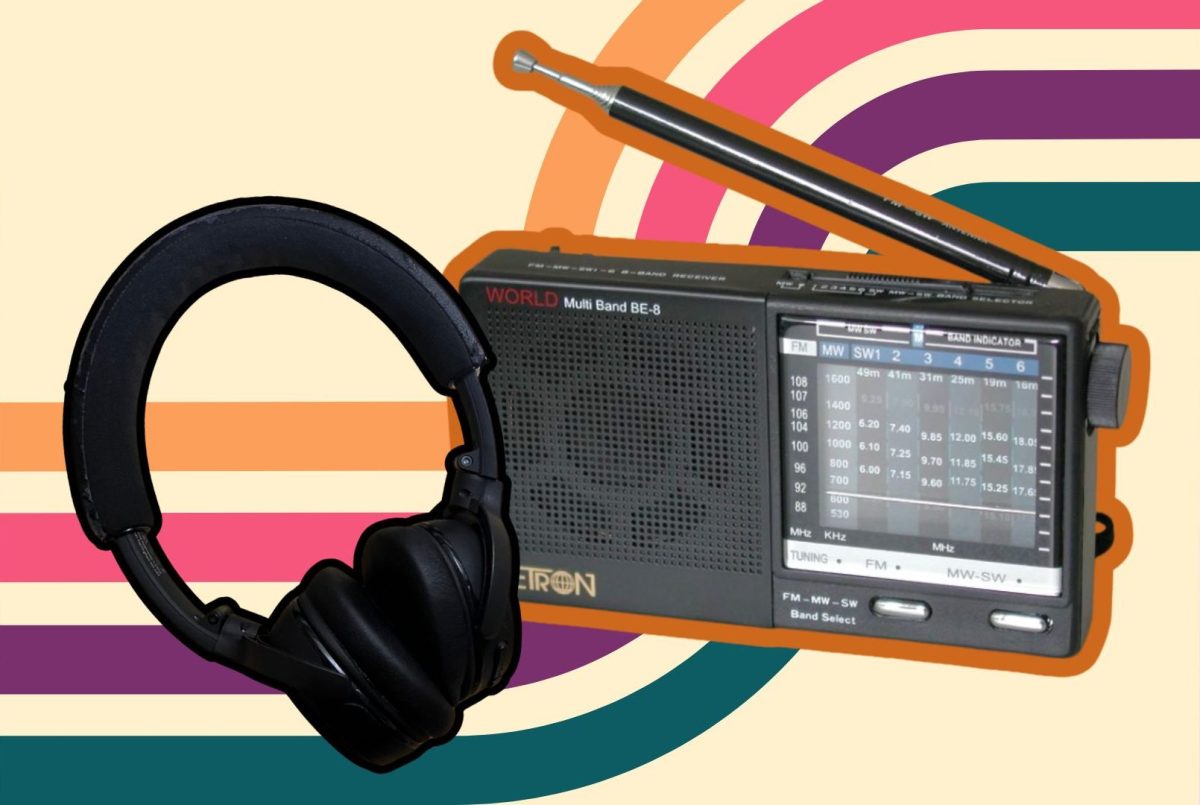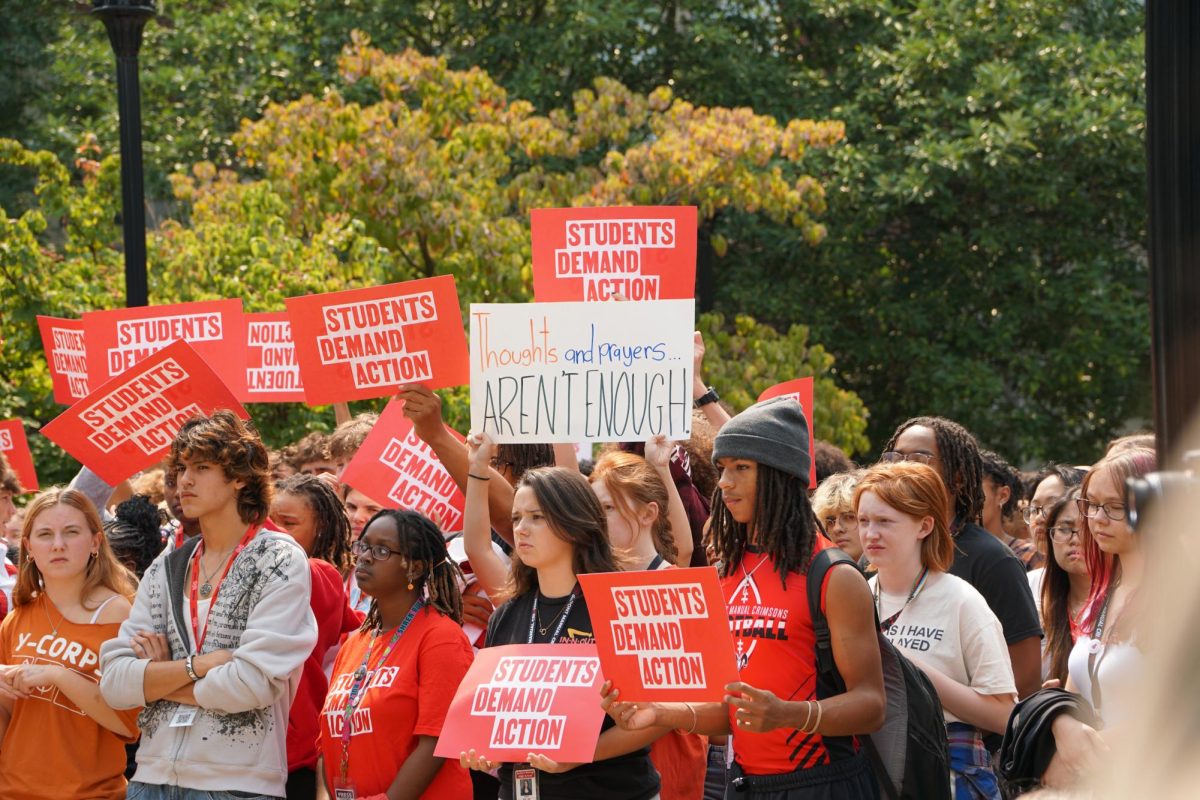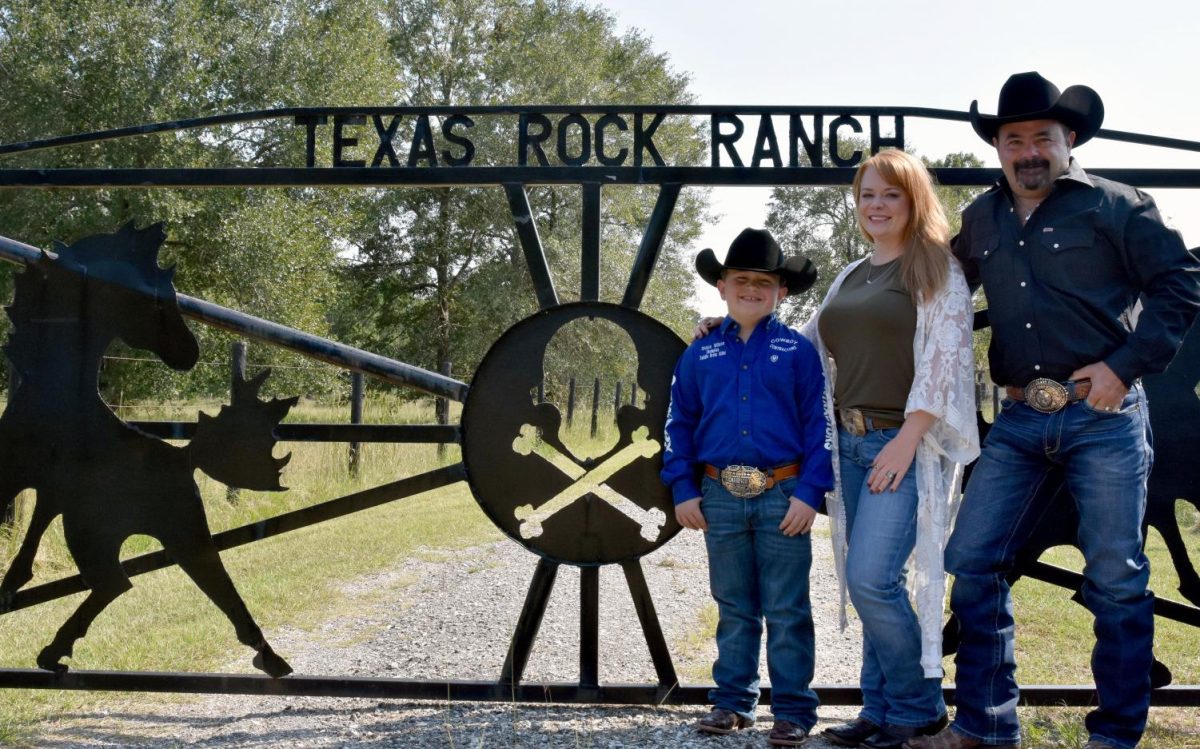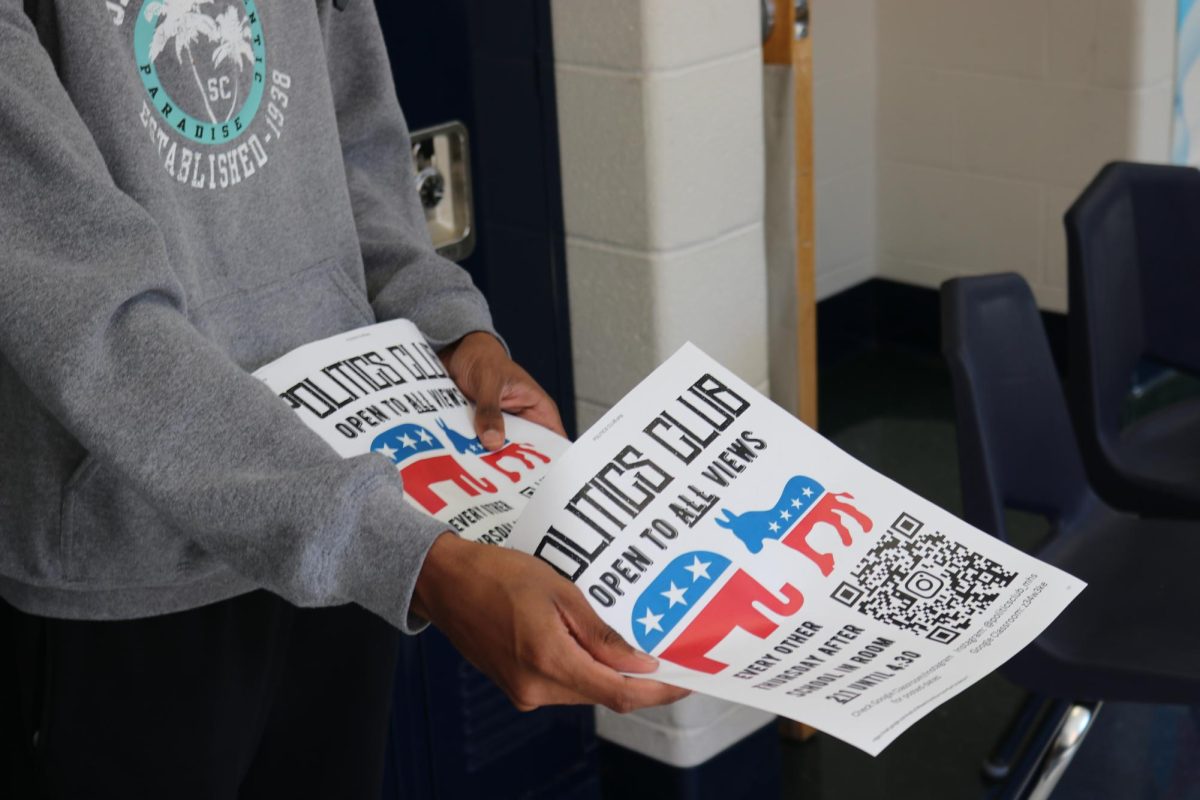Lola Zurweller, junior, has seen one account showing up all over her TikTok: Kamala HQ.
Kamala HQ is a social media account that is the “official rapid response page for Vice President Harris’ campaign,” according to a post from the account. The account endorses Kamala Harris in her bid for presidency and posts photos and videos that support her campaign.
Zurweller said Kamala HQ is targeted to Gen Z.
“They’re doing it in a very trendy fashion, in more of a pop culture kind of way,” Zurweller said.
Zurweller has mixed feelings about candidates using social media, but said she likes this election’s content.
“They’re following trends, and they’re not shoving it in your face,” Zurweller said.
Harris is not the only candidate to campaign on social media, nor is she the first, said Dr. William Horner, professor of political science and director of Mizzou’s Office of Participatory Democracy.
In 2008, the Obama campaign used Facebook, which was popular with young voters, effective and inexpensive, Dr. Horner said. Current presidential candidates such as Harris use social media to spread information about their campaign.
“A lot of it is for messaging about policy, attacking their opponents, responding to their opponents and inviting action by supporters (such as donating money, attending rallies, contacting others, etc.),” Dr. Horner said.
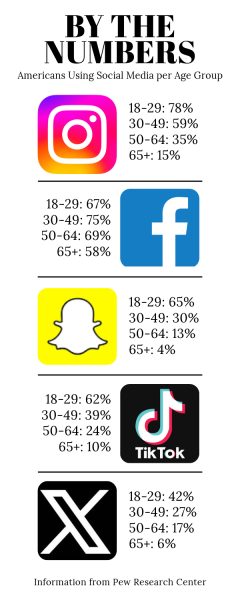
The target audience of social media campaigning varies based on the platform, Dr. Horner said. Generally, Facebook is aimed at older voters, while Instagram, TikTok and Snapchat are targeted toward younger voters.
However, X, formerly known as Twitter, is different.
“Its number of users isn’t nearly as large as the other platforms, but it is used by a lot of people who are seen as influencers of one sort or another—celebrities, news media, other politicians, etc,” Dr. Horner said.
Dr. Horner advises people to approach election information on social media with caution.
“Although we call social media ‘media,’ it is so different from what we think of as news media with editors, fact checking and a genuine interest in reporting facts,” Dr. Horner said. “This is one of the great problems with modern society, in my opinion.”
While social media can organize and mobilize groups, it has the potential to do great harm, Dr. Horner said.
“Social media should be just one source of people’s information, combined with what they learn from traditional news media and from talking with family and peers,” Dr. Horner said.
Sohum Tokekar, senior, is the vice president of Politics Club and said social media changes the tone of presidential campaigning.
“When a candidate is able to speak in such an informal way on social media, it resonates more than if they were to take everything more seriously,” Tokekar said.
Tokekar said that he is wary of solely relying on social media for election information, especially with the rise of AI.
“Cross-referencing and double-checking what you see online is a pain, but it’s worth it if your main goal is to actually understand everything about each candidate,” Tokekar said.
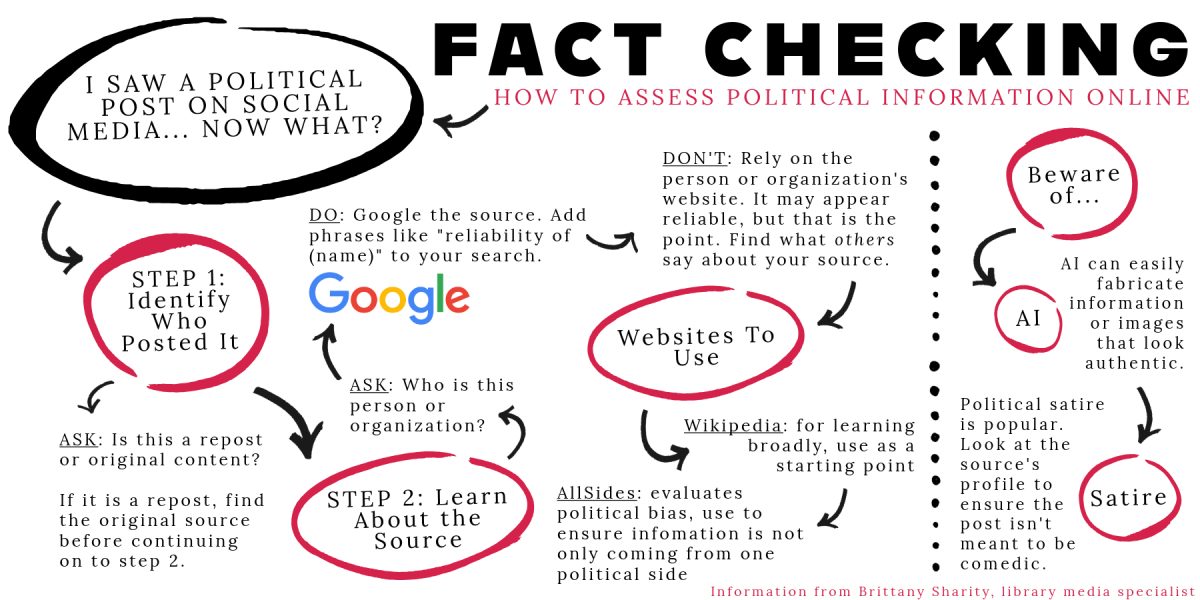
This story was originally published on Marquette Messenger on October 7, 2024.

